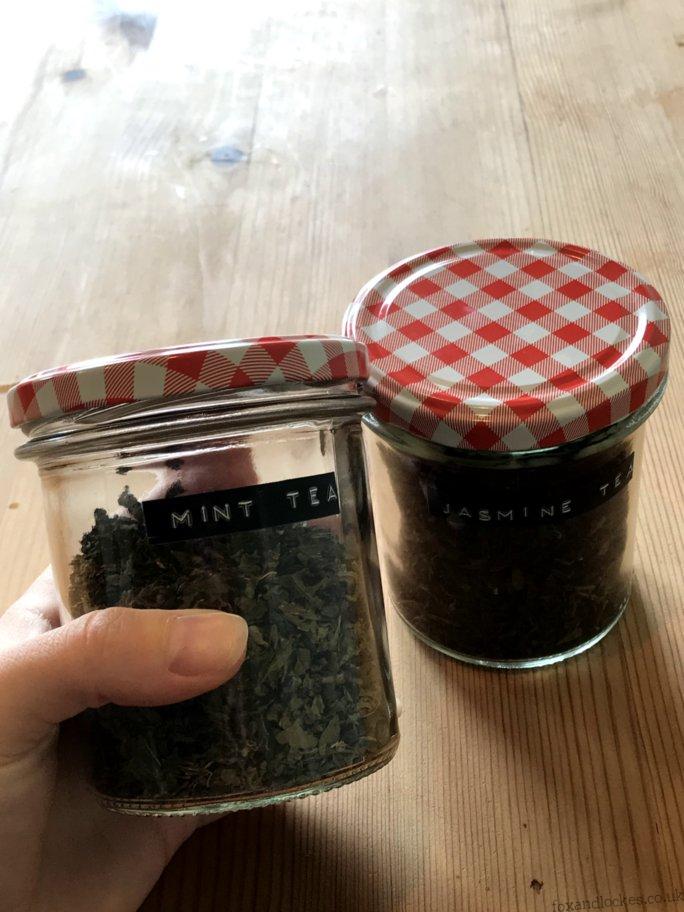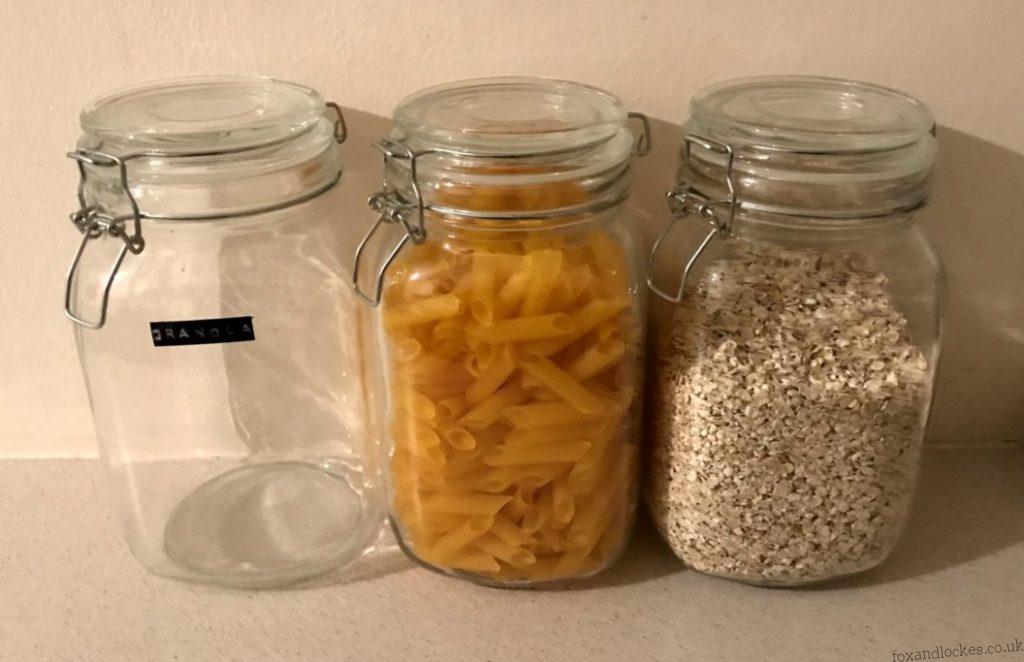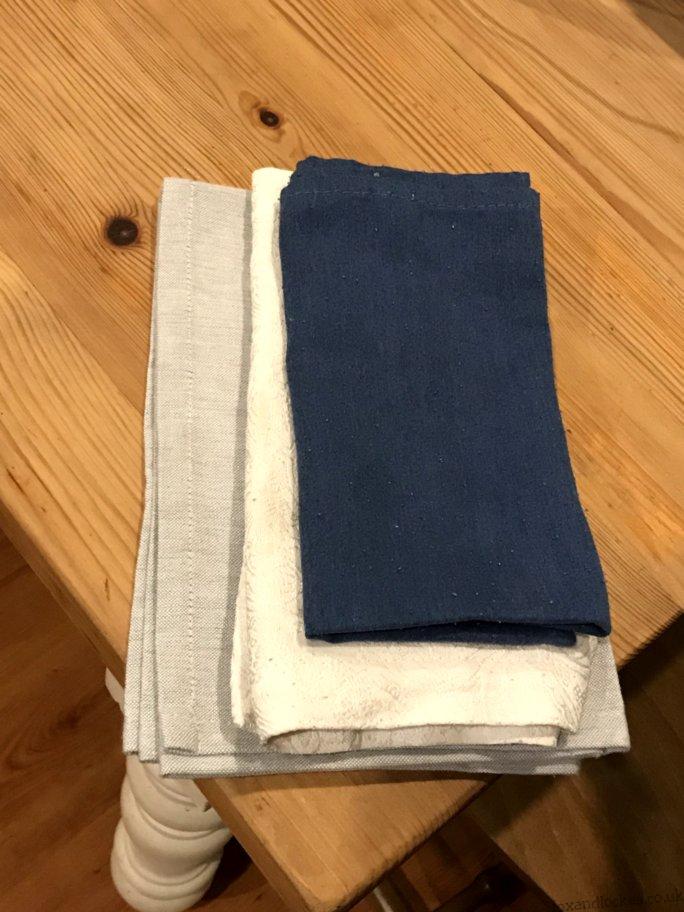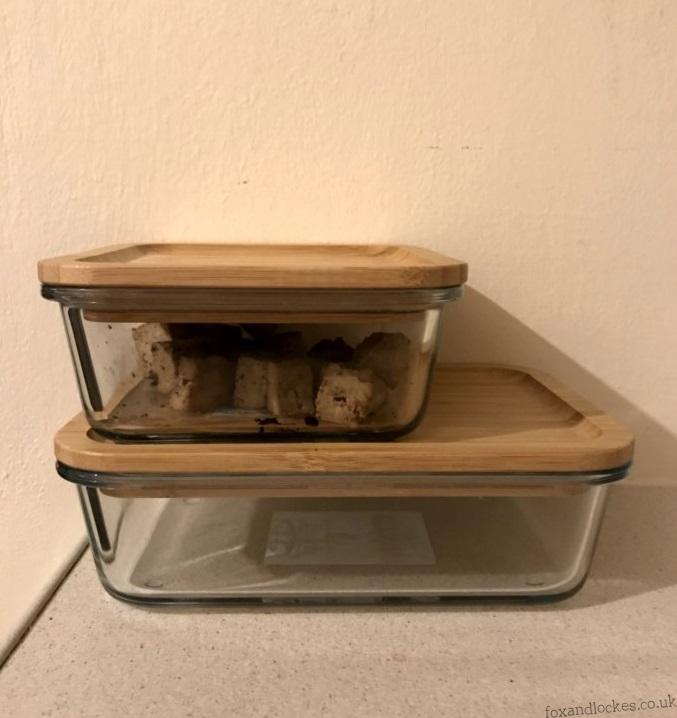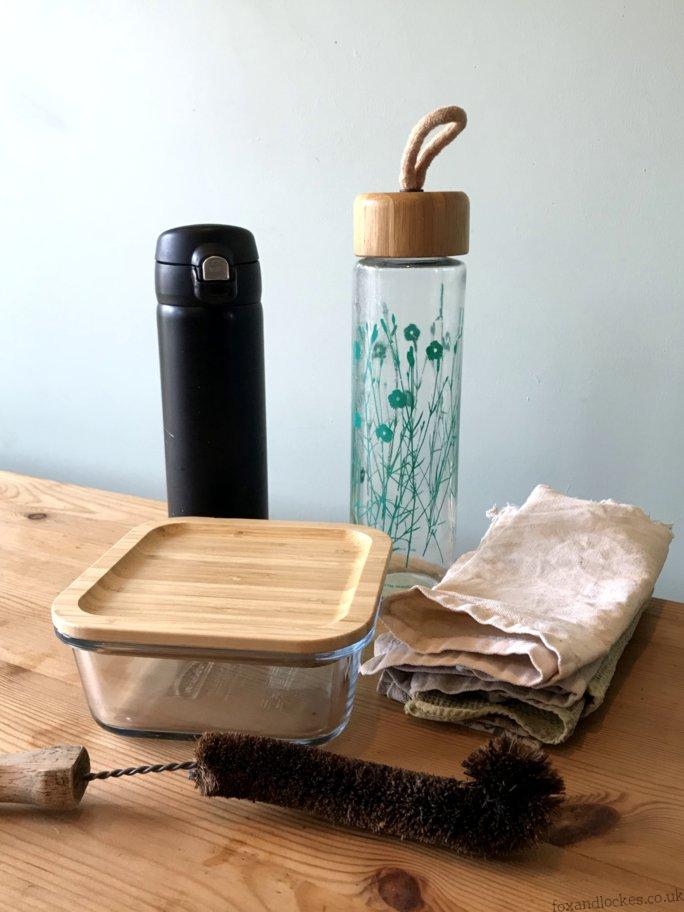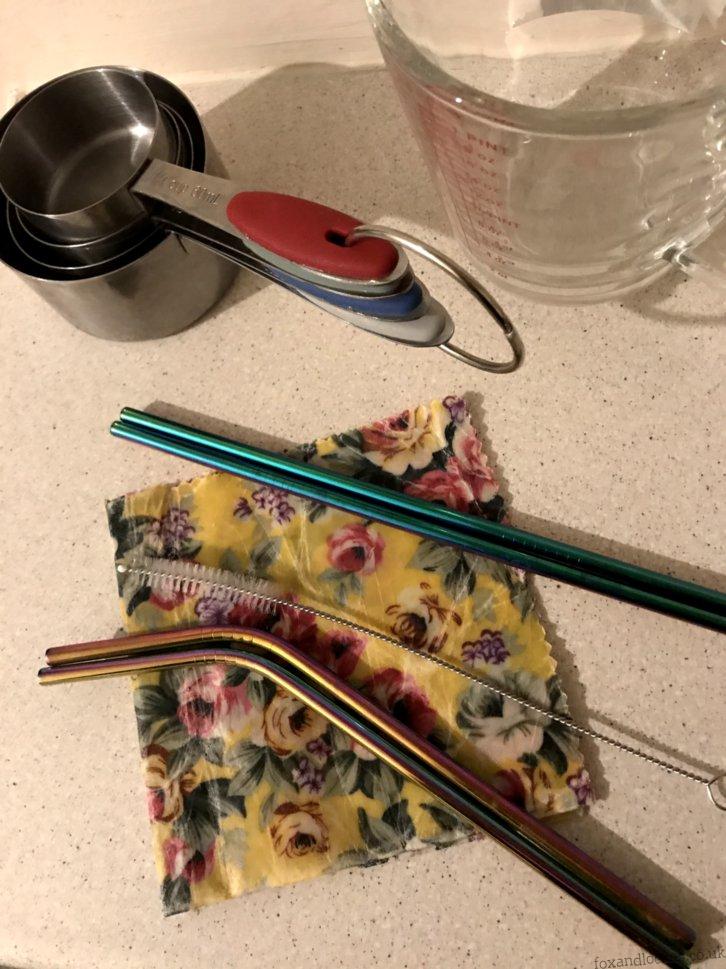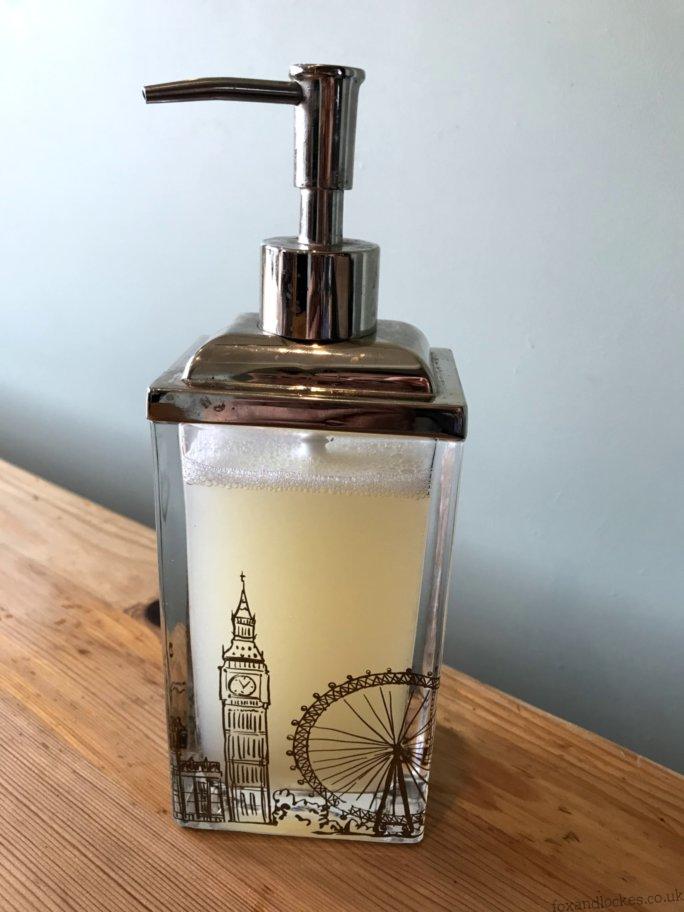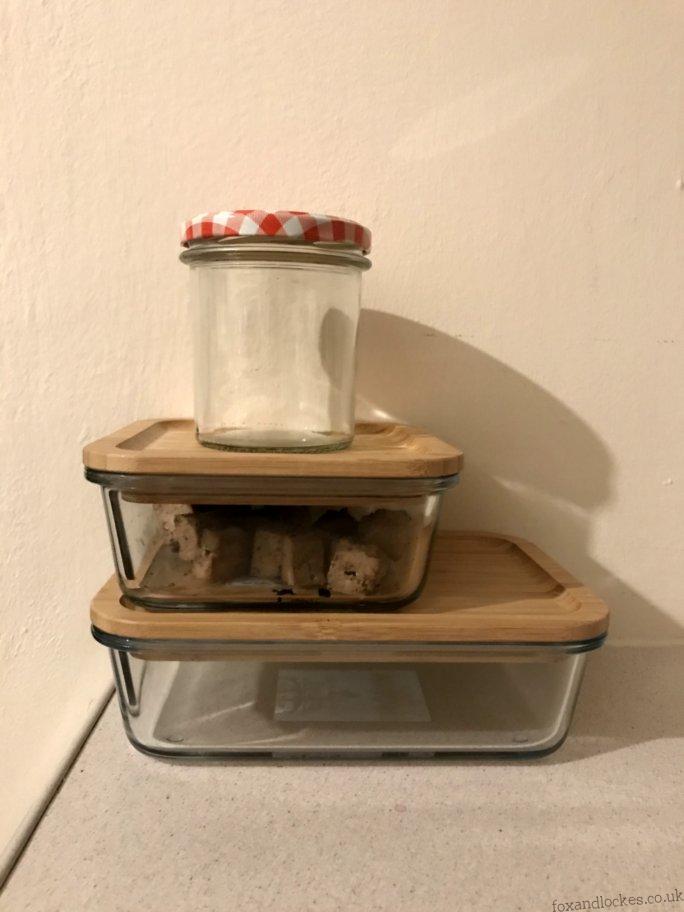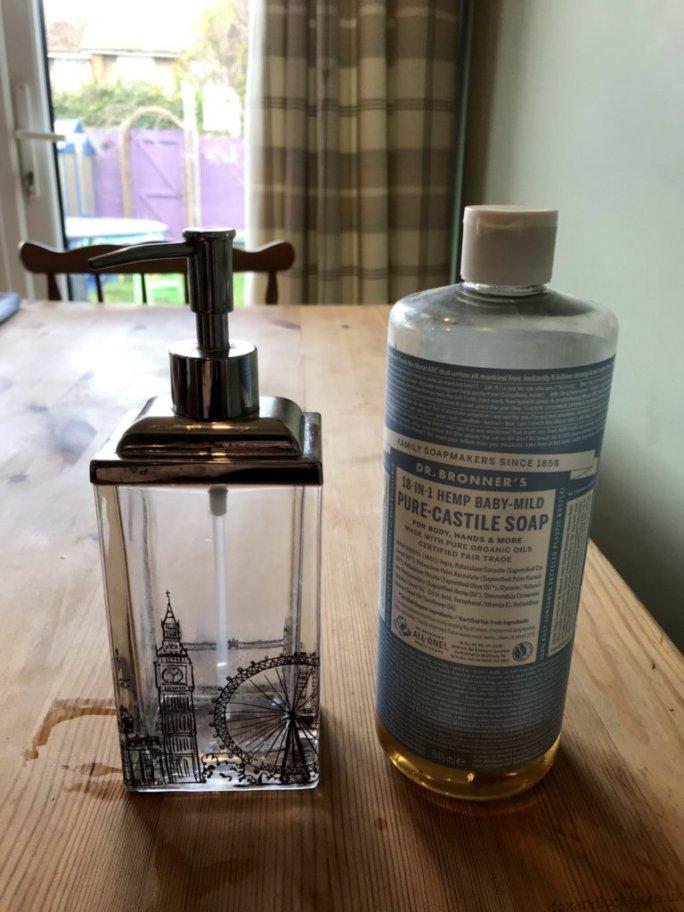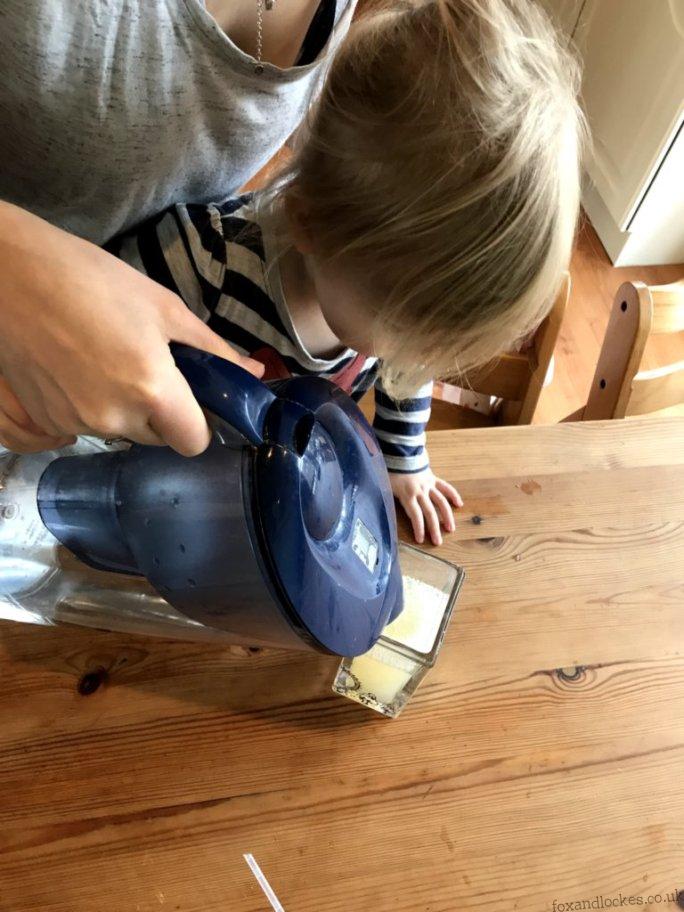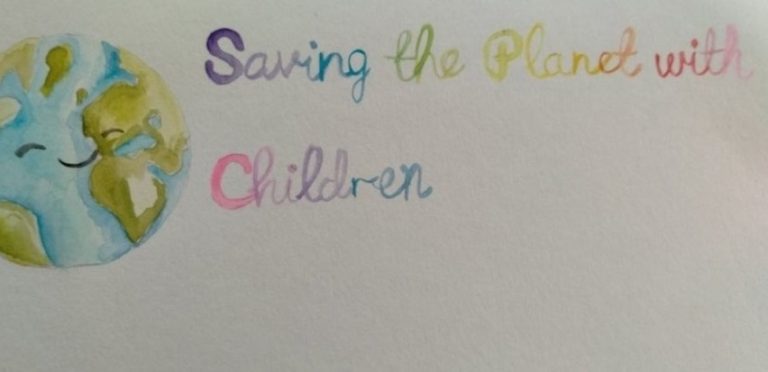Sustainable Swaps for your Kitchen
Deciding to make “the change” and become more sustainable and eco-friendly can seem very overwhelming. What do I need to replace? Where do I need to make changes? How much money, time and effort is it going to involve? Am I capable of making all of these changes? Our answers to these questions are simple, and we hope they will help to put your mind at ease.
Firstly, don’t worry about replacing everything you own with a more environmentally friendly option straight away, as when you take into account the fact that these sustainable items still have to be made, have their own level of impact on our planet and that by throwing away everything except the kitchen sink you’ll actually be contributing excessively to landfill, then doing so unnecessarily is actually less environmentally friendly and thus counter-productive. Instead, try replacing items with more sustainable options as and when you need to; it’s nicer on the planet and your purse.
The second point I would really like to highlight is to make changes where you can and do not begrudge yourself the rest; even small steps are steps in the right direction and will add up over time to make a difference. As for how much money, time and effort it is going to involve, well that depends on which swaps you make; composting, for example, has an up-front cost of buying a compost bin and may mean it takes slightly longer to cook meals and clean down the table afterwards as you adapt to the change, but in time it will become second nature and you’ll find it bizarre to be somewhere where you cannot compost.
As for whether or not you are capable of making changes, I would say that generally speaking, most people are capable of making adjustments to their lives – it’s a bit like when you want to focus on your health and improve your fitness; if you have the right mentality and are willing to invest in yourself for the long haul then you’re off to a great start, only here we’re asking you to invest in the preservation of our planet.
Below are some of the swaps that we have made over the past few years with a bit of information as to why we have made the changes and how these changes are beneficial to our planet. If you are not interested in the ins and outs then you can simply jump to the full list. By no means is this an exhaustive list, simply ones we can advocate having made them ourselves.
Changes you can make for when you’re out and about:
I for one am a huge coffee lover and go through stages of buying coffee shop coffee on a regular basis. Yes I could save myself pennies by making and drinking coffee before leaving the house but sometimes I just need a sugar-free vanilla soya latte, so sue me. On these occasions I utilise a reusable thermos where I can (I am aware there were restrictions during Covid-19 and most coffee shops were not allowed to accept reusable thermoses or cups); it took a little while for me to build the habit of remembering to take it with me – or more honestly, to remember to take it out of my car and clean it after use – but now it’s firmly embedded on my pre-departure-from-the-house mental checklist. If all else fails, a lot of coffee shops can recycle their own takeaway cups, so you can always hold onto the one you are given and circle back around later to drop it back to them for recycling.
Lunchboxes and water bottles are one of the most common swaps you can make; not buying shop-bought drinks in plastic containers, meal deals or ready meals will benefit not only our planet but also your wallet. This one does require more effort and organisation but it allows you to prep your food consciously and homemade meals are usually healthier than convenience foods, making this swap a triple win. Reusable straws are also a great purchase, we use ours near enough daily when having smoothies and they’re easy enough to pack up and take on the go, but if you don’t think you would get significant use out of them then you can simply ask for your drink without a straw.
Similarly, taking bags for life when going to the supermarket is an easy switch to make, so long as you remember to pop them in your car after you’ve unloaded your shopping and then take them out at the other end – they really aren’t much use to you when you’re loading the conveyor belt and they’re in the boot of your car.
Changes you can make when cooking:
You can make lots of changes regarding cooking that will benefit the planet, so many in fact that I know I haven’t mentioned anywhere near the number of plausible options! Please do comment down below with any sustainable swaps you have made that aren’t mentioned here.
Loose-leaf tea is a great place to start; did you know that many brands of teabag cannot be composted as they contain micro-plastics? Apparently, it’s to prevent the bags from falling apart, but this tiny amount of plastic is not biodegradable, so the only place for the teabag is landfill. One teabag might not seem like much but if you’re drinking a cuppa every day then that’s 365 teabags a year ending up in the bin, and my understanding is that most tea drinkers use more than one teabag per day. By switching to a loose-leaf tea you are not only reducing what you personally send to landfill, but you are also eliminating your exposure to unwanted chemicals and plastics, as loose leaf tea is far more natural.
Cooking from scratch and composting are two of the biggest impact changes you can make. It seems obvious but making hummus from scratch is better for the planet than buying a plastic tub of the stuff – yes it takes a little longer and requires a bit more forward planning but it also allows you to cook as much as you and your family need, rather than overbuying and overspending, and also saves on unwanted waste. Plus it opens the door to experimenting with different flavour combinations, more so than the standard red pepper and beetroot options available on supermarket shelves. Composting has reduced my bin waste by about 70% and has become so natural to me over the past three months, which is an added bonus, as at first it did seem a little overwhelming. We will be doing a full blog post on composting soon, so if you’re interested in learning more keep an eye out for that.
Homemade oat milk is another game changer. Whilst being plant based is more sustainable in general (please don’t anyone come at me regarding the environmental impact of avocados, you’d be hugely missing my point) making your own is a step further in the right direction. Making oat milk from scratch will also save you huge amounts of money as all you need is a nut milk bag, some oats and water. On top of all of that it means you can avoid supporting controversial brands like Oatly – was anyone else absolutely gutted when the news of them selling to the Blackstone Group came out? – which again, is an entirely different conversation and one we’ll save for another day.
Cloth napkins are one of my favourite swaps that we have made, there’s just something wonderful about having a beautifully laid table and if you’re anything like me then a napkin is an absolute must… Flashback to last week when I got harissa yogurt on my white jumper and Livvy had to pop it in the wash for me in order to prevent lasting damage! Aside from me being a super messy eater, napkins are generally a sensible option and with cloth napkins you can simply pop them in the washing machine with your bathroom towels and you’re away.
Storage containers are another great swap to make, but again, there’s no need to rush out and replace everything you currently own with more sustainable alternatives. Liv stores her oats and granola in plastic containers that she’s had for years and they do the job just as well as my glass Kilner jars but without the aesthetic. But the truth of the matter is, we live regular lives and although we like our photos to look pretty, that doesn’t outweigh our need for practicality or our zero-waste mentality, so whilst we will choose to take photos of our most attractive items for this blog that doesn’t mean our kitchens contain nothing less if that makes sense. I actually prefer Liv’s plastic storage container anyway as it usually has freshly made granola in it and I’ve not made any for weeks! Another storage swap you can make is replacing clingfilm, either with beeswax wraps, plant-based food wraps or by popping whatever it is into a Tupperware of some sort.
Silicone baking mats are a new discovery for me, eliminating the need for foil which in my mind is a massive win. Again, this involves more effort as you can’t simply scrunch it up and bin it after use (I mean, you could I guess but it would get expensive fast and completely defeat the point) but they don’t take hours to clean and I quickly got used to using them.
It is also worth noting that you can choose to buy or replace (when necessary) kitchen items with non-plastic alternatives. I used to have plastic measuring jugs, plastic measuring cups, serving spoons, etc but now, when something needs replacing I will look for a non-plastic alternative. These generally do cost more money, understandably so, but where you can afford to, it is a worthwhile swap to make.
Changes you can make regarding cleaning:
There are so many cleaning products available these days, it seems like you can get a disposable wipe for just about anything, but are they really necessary? We think not, and as you may have seen we choose to make our own Natural All-Purpose Cleaner which you can find here. Along with this cleaner, we opt for either homemade soaps or an all-natural, cruelty-free bar for handwashing, along with reusable cloths which are made from old clothing items and which simply go in the washing machine along with other towels and our cloth napkins.
Sustainable Kitchen Swaps:
- Coffee/tea thermos
- Reusable water bottles
- Reusable straws
- Bags for life
- Loose-leaf tea
- Composting
- Cooking from scratch
- Homemade oat milk
- Cloth napkins
- Glass Tupperware/storage
- Lunchbox sets
- Silicone baking mat
- Buy metal or glass instead of plastic
- Buy a non-plastic alternative
- Beeswax wrap or plant-based wrap
- Homemade rags/cloths
- Homemade soap (or a bar for an intermediary measure)
- Homemade or eco-friendly cleaning products
Please share any of your sustainable swaps that we have missed below so that we can all be educated on this worthwhile topic. I hope this has been somewhat helpful to you in identifying ways that your family can make a few positive changes.
Happy swapping,
Summer and Livvy


